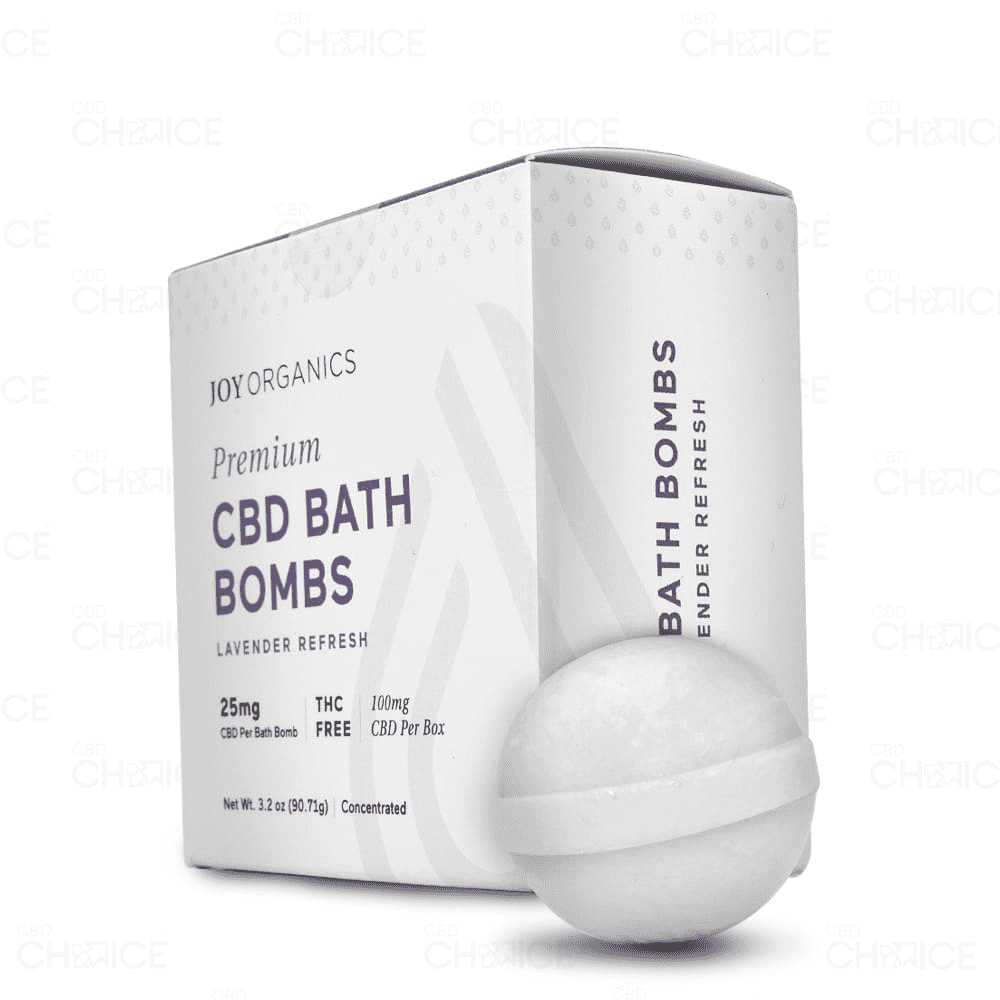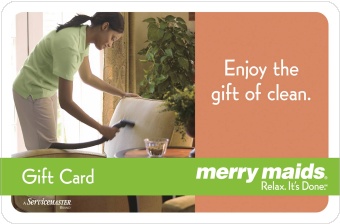Give InKind recently had the opportunity to speak with Emily Helck about ways to support young women who have been diagnosed with breast cancer. Helck, Senior Marketing and Communications Manager for the Young Survival Coalition, is herself a young survivor. Founded in 1998, the Young Survival Coalition is dedicated to providing resources to women whose breast cancer diagnosis occurred before the age of 40.
The premier organization providing support, information and assistance to young women with breast cancer, the YSC offers a wide range of educational and supportive resources, services, referrals and information specifically aimed at reaching young women with breast cancer. The organization is equipped to handle matters related to treatments that take into account retaining fertility – and other issues that younger women face in treatment.
Helck reminds that millennials are a population widely known to embrace choice. Though not all of their constituents are millennials, many are. They, like many young adults facing cancer, wish to be empowered – be it through information, treatment options, and more. Says Helck:
“Some of the most helpful things people did for me during my own treatment were gestures that were supportive, but also allowed me to make my own choices — a gift card to a grocery delivery service, for instance, made a big difference for me. I felt very out of control at times during treatment, so there’s something to be said about the importance of being able to pick out exactly what I wanted, while still feeling supported by friends and family."
Helck reminds that all efforts at community and family support are deeply appreciated. However, knowing how to be the most effective often has to do with providing choice and options. Therefore, while offers of a meal are certainly appreciated (especially if there are young children in the family) too much food can be overwhelming, depending on circumstances. Consider whether a restaurant gift card for delivery is a better option.
Similarly, be mindful of “incidental" costs associated with any treatment. Among these are things like transportation. Ride services are a great gift for people who are urban dwellers and may not know people with cars. They can be useful for people who may feel too ill to drive after a treatment. No one wants to take the subway after a treatment of any kind – and exposure to germs can be quite dangerous. Younger people, used to their own agency and coping with the suspension of that, often struggle. They appreciate an easy ride home. Says Helck:
“For those living in cities, travel after treatment can be complicated. Sending gift cards for a ride-hailing app can be helpful."
Younger people with uncertain finances (who may not have a lot yet in savings) also appreciate help in covering expenses that insurance may not always cover. They may not be able to work for a time. Over the counter supplements can help a lot in easing side effects of treatments – but they add up. Preparing for surgery and recovering from surgery can be expensive and gift cards for use at a store with a pharmacy are useful. (Such cards also protect the privacy of patients who may not wish to spell out every personal medical need they may have).
Helck reminds that those in treatment need their trusted support system. It is most important that those who want to help simply don’t disappear. She observes that some of the most well intended people – with much love to give – may get hamstrung in an effort to find the “perfect" thing to say. Or they may feel powerless to find the right thing to do. Do not make the perfect the enemy of the good.
For those wishing to offer support, it is perfectly acceptable and appropriate to acknowledge a level of powerlessness. In contrast to peer groups for more typical older populations, this illness may be the first exposure to a serious illness within a social group. For those who feel that they have (or fear that they will) say the wrong thing, it is okay to acknowledge this. We can fumble even as we aim. The presence of those who do wish to help is deeply appreciated. So advice at once simple and profound applies absolutely here – keep showing up.
Helpful Products
Give InKind does not provide medical advice, diagnosis, or treatment. We have an affiliate relationship with many of the advertisers on our site, and may receive a commission from any products purchased from links in this article. See Terms & Conditions.





